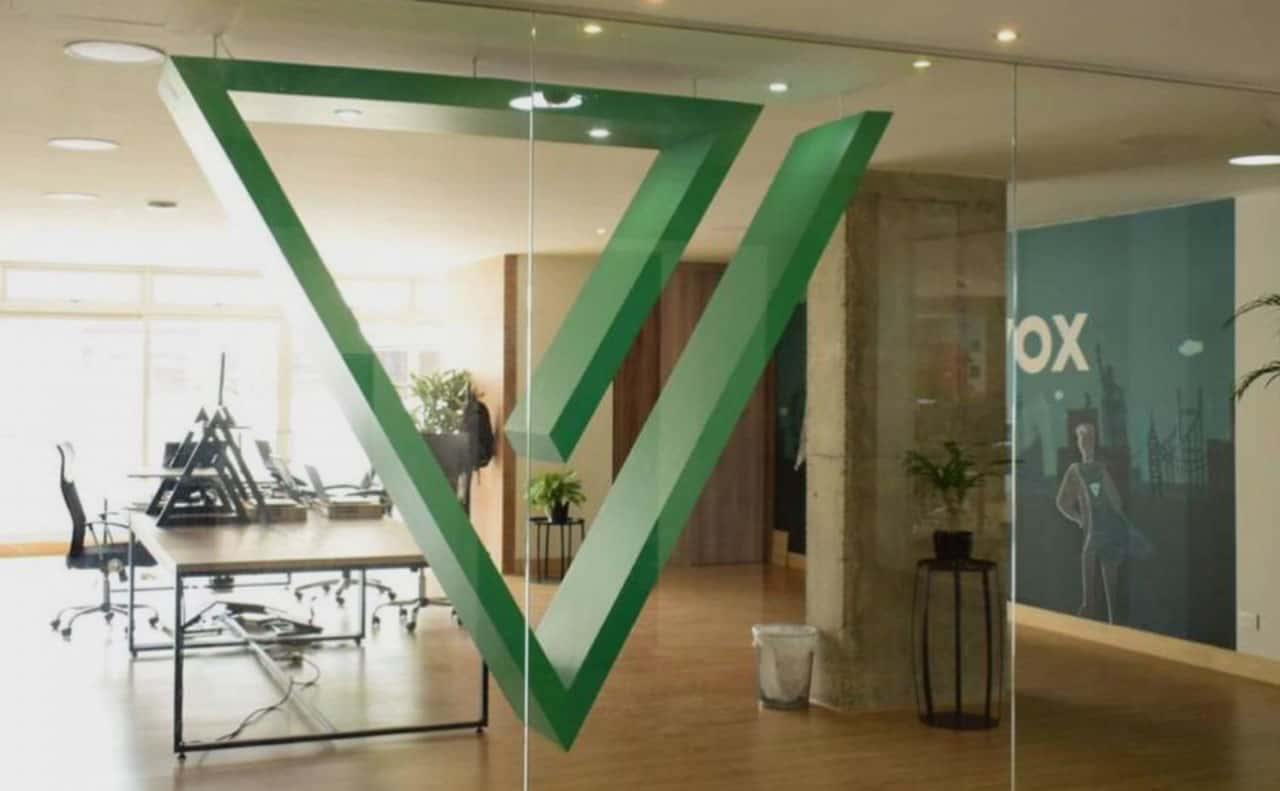This week we had our Morning Coffee with Roy Morrison of Meaningful Profits
Contxto – Content businesses are an excellent match for the growing digital economy across Latin America. They present an attractive proposition for aspiring entrepreneurs, for tech companies that are looking for partners that help them to scale, as well as for acquisition targets.
Content businesses are hard to define as content can mean anything from video, audio, text, and visuals.
Plus, content businesses often start from a simple blog, but then evolve to become more than just a content business, and in the process, they often raise venture capital.
In general, content businesses are powered by the digital economy and are built on digital platforms such as WordPress, Instagram, YouTube or TikTok. Content is the very product of such businesses and is used to inform, educate, entertain, market, and monetize.
Different types of content businesses
Content businesses are diverse in their nature, similar to how tech companies are diverse from fintech to healthtech companies. There are many different types of content businesses with different business models and monetization methods.
For example, Nathalia Arcuri started her financial edutainment business Me Poupe! as a blog where she shared financial tips. After resigning from her role as a TV reporter in 2015, she used YouTube to grow her audience. Within one year she had 200,000 subscribers, a radio program, and revenue through sponsors.
Now, she has a bestselling book, a TV show and Me Poupe! is the largest YouTube channel for financial entertainment in the world
Then you have media companies like the one you are engaging with right now, Contxto, that create content for a digital audience with the blog being the core product and generating revenue through advertising or subscriptions.
These companies play an important role as they often focus on topics that traditional media neglects or completely ignores. There are a number of incubators and accelerators, including Velocidad, Espacio, and the Google News Initiative, that are looking for content businesses that can strengthen the Latin American media industry.
Finally, you have businesses that start as a blog but then evolve into something broader such as RockContent, which today is the largest content marketing solution provider in Latin America.
Similar examples from the US include e-commerce company Glossier or financial product review site Nerdwallet. Starting with a blog to build an audience and then finding a way to monetize that audience is a smart way to build a business.
It is a great way to gain traction and prove that something works without a huge capital commitment. It will come as no surprise if we see more businesses across the continent taking this approach in the coming years.
Low-cost business opportunity: No tech skills or degree required
For aspiring non-technical entrepreneurs, starting a content business presents an attractive proposition.
Due to the democratization of content production and the rise of the smartphone, anyone can be a content producer. The barriers to entry are low, which can be a good thing and a bad thing at the same time.
It is good because it means you do not need any university degree, MBA, or any other type of certification to be a successful content entrepreneur. It is bad because almost anyone can start a content business which increases competition.
Additionally, the cost of content production does not have to be high. This means a content business can be started with a small investment of below $1,000 and grown from there.
Even though venture capital flowing into the Latin American ecosystem has seen steady growth in recent years, fundraising remains a complex challenge for many entrepreneurs across the region. Traditionally, entrepreneurs that receive venture funding constitute a minority when compared to the number of businesses that remain unfunded.
Finally, to those entrepreneurs seeking to build a content business that they can sell. You will be pleased to know that there is an increasing number of brokerages and marketplaces looking to pay for outlets like yours, starting from a few hundred thousand dollars up to millions of dollars.
For instance, in 2016, The New York Times bought The Wirecutter—a then-five-year old tech gadget review site—for US$30 million. With the growth of the ecommerce, SaaS (Software as a service), and affiliate marketing industries, there is no reason why something similar should not be possible in Latin America.
For entrepreneurs that prefer to bootstrap their business, starting a content business may not seem like a bad idea. With the growth of the digital economy, content businesses will become even more attractive in the coming years.
Partnering with content creators to help scale a business
One of the reasons why content businesses will become more attractive in the coming years is because in a digital economy they can present an attractive solution in an advertising landscape that is increasingly dominated by tech giants like Google, Facebook, and Amazon.
In line with the growth of online audiences, digital advertising has also seen strong growth in Latin America over the past few years. According to Statista, spending on digital advertising will surpass US$10 billion by 2022 in the region.
Like in many other parts of the globe, the digital advertising landscape is dominated by the duopoly of Facebook and Google. Over time this will most likely lead to an increase in advertising costs, especially as more and more companies start to increase their digital ad spending and professionalize their operations.
Small companies and startups with limited advertising budgets will face a tough challenge competing on Google or Facebook against companies with deeper pockets.
As a result, building partnerships with relevant content businesses that send them targeted traffic could be an attractive alternative to advertising on Google or Facebook.
In particular, cost per action agreements where compensation is only due for a predefined action such as a qualified lead or a sale can be very appealing. In comparison, on Google, you pay mostly on a cost-per-click basis. As such, advertising businesses may end up paying a lot for traffic without generating any leads or sales.
Therefore, partnering with content businesses such as influencers, review sites or media companies could be a smart move in the face of rising advertising costs.
Moreover, successful content businesses are experts in producing content that consumers want to engage with. This can be highly valuable in a time where ad fatigue is on the rise.
Seeking partnerships with relevant content businesses could be a smart and cost-effective move for companies and startups who grow weary of rising advertising costs on channels like Facebook or Google.
Overall, content businesses are poised to thrive in the digital economy. Their value proposition to the Latin American ecosystem will increase as the digitalization of economies across the continent continues.
Roy Morrison writes about content businesses at Meaningful Profits—a blog dedicated to building profitable content businesses without tech skills or big upfront investments.






